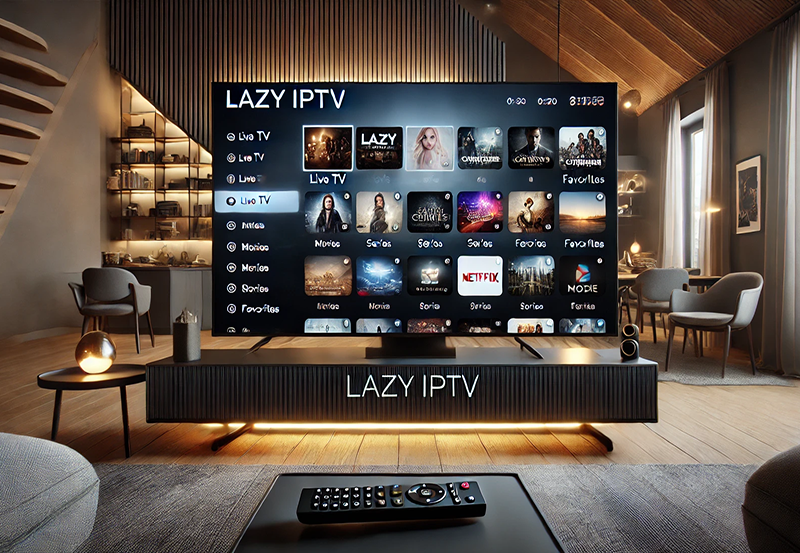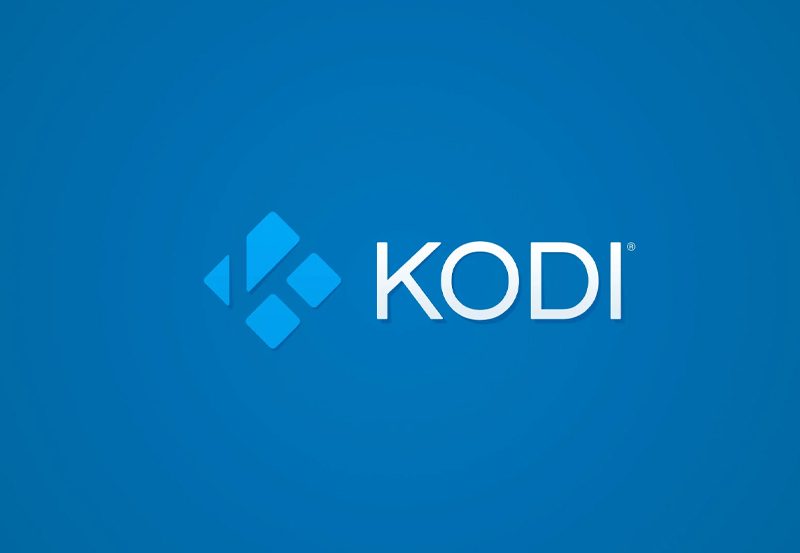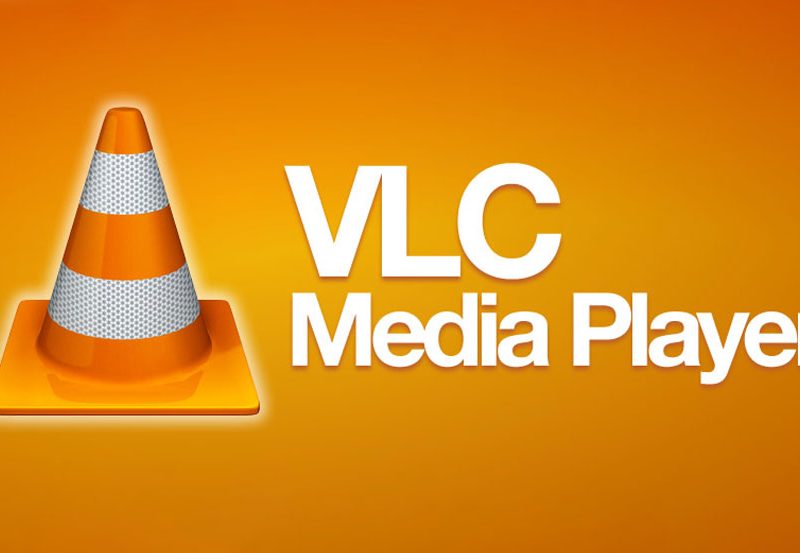If you’ve ever found yourself frustrated with playback delays on VLC while streaming your favorite IPTV channels, you’re not alone. These annoying interruptions can turn what should be a relaxing experience into a test of patience. Fortunately, understanding the root of these delays and how M3U links can impact performance is the first step in solving this all too common issue.
Many users gravitate towards VLC for its versatility and ease of use. However, when it comes to high-quality IPTV streams, even the most robust media players can falter. But don’t worry; there are straightforward solutions to minimize these delays and provide you with the best IPTV experience you deserve. In the following sections, we’ll explore these solutions in detail to upgrade your TV experience today.
What Causes VLC Playback Delays?
Playback delays on VLC can be attributed to several factors, each affecting your streaming quality in unique ways. Pinpointing the exact cause is essential for addressing the problem effectively. Here’s what you need to consider:
- Internet Connection: An unstable or slow Internet connection is a primary culprit, causing buffering and delays.
- Device Performance: Older or underpowered devices may struggle to process high-quality streams, leading to playback issues.
- M3U Link Quality: The quality and reliability of the M3U playlist link itself can impact streaming continuity.
- VLC Configuration: Improper settings in VLC can also cause performance hiccups.
By examining these factors, you can begin piecing together a clearer picture of what’s happening with your stream.
Internet Connection: The Foundation of Smooth Streaming
Your Internet connection is the backbone of any online streaming service. Without a stable and fast connection, even the best IPTV experience can become a series of frustrating loading screens. But how do you know if your Internet is at fault?
First, conduct a speed test. Many free tools are available that give you an instant read on your upload and download speeds. Most IPTV services require at least a 5 Mbps connection for standard definition and upwards of 25 Mbps for high definition. If your speeds fall below these markers, consider upgrading your service to improve streaming quality.
Device Performance: Is Your Tech Up to Par?
Your device plays a crucial role in streaming performance. An outdated processor or insufficient RAM can limit how smoothly VLC plays your M3U streams. To assess your device’s capabilities, start with a quick check of the technical specs and compare them to VLC’s recommended requirements.
If your device seems to be the bottleneck, there are several options. You might consider upgrading hardware components or, more practically, investing in a dedicated streaming device like an Android TV box or a Fire Stick, which are tailored for media consumption.
Troubleshooting M3U Links for Seamless Streaming
The M3U link is the bridge between your device and the IPTV stream. A problematic or low-quality link can disrupt this connection, leading to playback delays. Here’s how to optimize M3U link performance:
Choosing High-Quality M3U Links
Not all M3U links are created equal. To ensure the best IPTV experience, select links from reputable providers. These sources not only offer reliable streams but also regular updates and support should issues arise. Don’t be tempted by free offerings that often sacrifice quality for costlessness.
Remember that investing in a subscription from a trusted provider can save you hours of troubleshooting headaches. Additionally, working with a service that offers a trial period can help determine the quality before you commit long-term.
Updating and Maintaining M3U Links
IPTV channels and links frequently change due to rights issues and server maintenance. Regularly updating your playlists ensures access to the latest working streams. Setting a reminder to refresh your M3U links every few months can prevent unexpected outages.
Furthermore, look out for any updates from your provider. They might offer enhancements or new channel packages that enhance your viewing experience significantly.
Optimizing VLC Settings for Better Playback
Another avenue to explore is the configuration of VLC itself. Tweaking a few settings can minimize buffering and maximize performance. Here’s what to look into:
Adjusting Cache Time
VLC allows you to adjust the cache time for network streams. By increasing the buffer, you can accommodate slower connections. Here’s how to do it:
- Open VLC and navigate to Tools > Preferences.
- Select the Show settings option and choose All.
- In the left panel, click Input/Codecs.
- Under Advanced settings, adjust the File caching (ms) value. Increasing it to 1500 ms is a good starting point.
This adjustment gives VLC more time to store data, reducing the chances of playback stutter on slower connections.
Tweak Video Output Module
Sometimes, changing the video output module can solve playback issues. If you’re experiencing video lag, follow these steps:
- Go to Tools > Preferences.
- Under the Video section, change the Output option to a different setting, such as Direct3D or OpenGL, and test for improvement.
- Buy 1 Year IPTV Subscription and Enjoy Unlimited Content
Each setup is unique, so you might need to try various settings to find the optimal configuration for your device and setup.
Upgrading Your Overall IPTV and Streaming Setup
Once you’ve optimized VLC and your M3U links, consider broader steps to enhance your streaming experience. A holistic approach can make a significant difference:
Investing in Superior Equipment
If you’ve been relying on old routers or budget set-top boxes, upgrading to state-of-the-art devices can greatly enhance performance. High-quality routers improve connectivity and reduce interference, ensuring stable streams.
Look for devices that support advanced features like dual-band connectivity and Quality of Service (QoS) settings that prioritize video streaming over other network activities.
Exploring Alternative IPTV Platforms
VLC isn’t the only player in the game. While it’s dependable, other platforms are specifically designed for IPTV streaming, potentially offering better performance and additional features. Consider exploring:
- IPTV Smarters: User-friendly and feature-rich, with EPG support and parental controls.
- TiviMate: Often praised for its slick UI and recording capabilities.
- Perfect Player: Offers balance between ease of use and functionality.
Each option brings something different to the table, so trialing various platforms could reveal a better fit for your needs.
Final Thoughts on Improving Your IPTV Streaming
Improving VLC playback delays doesn’t have to be a herculean task. With the right adjustments and a proactive approach to maintaining your equipment and software, you can significantly enhance your IPTV experience. Remember that ongoing maintenance, such as keeping links updated and settings tuned, plays a crucial role in maintaining stream performance.
Exploring new devices, platforms, and providers opens new doors, often leading to an upgraded streaming experience that perfectly suits your lifestyle. Taking these small steps today can save you countless hassles in the future, ensuring uninterrupted access to the content you love most.
Frequently Asked Questions
Why is VLC buffering even with a high-speed Internet connection?
There could be several reasons for this. It might be due to network congestion, outdated device hardware, or incorrect VLC settings. Checking each of these areas can help pinpoint and rectify the problem.
How often should I update my M3U links?
Updating your M3U links every few months is advisable, though frequency can depend on your provider. Regular updates mitigate the risk of missing out on new channels or better streams.
What are some recommended alternate IPTV players to VLC?
While VLC is quite popular, other IPTV players like IPTV Smarters, TiviMate, and Perfect Player offer advanced features and might enhance your streaming experience.
Can upgrading my router improve VLC playback performance?
Yes, a modern router with features like dual-band and QoS can considerably enhance network stability and streaming performance, particularly for high-quality IPTV content.
What settings should I focus on in VLC to reduce playback delays?
Begin by adjusting the cache time under Input/Codecs settings. Additionally, experiment with different video output modules to ascertain the best configuration for your setup.
Are free M3U links a good choice for quality IPTV streaming?
Free M3U links often lack the reliability and quality of paid subscriptions. Opting for a trusted provider can offer better service, support, and an overall improved TV experience.
Troubleshooting Common IPTV Issues on Android Boxes with Perfect Player





